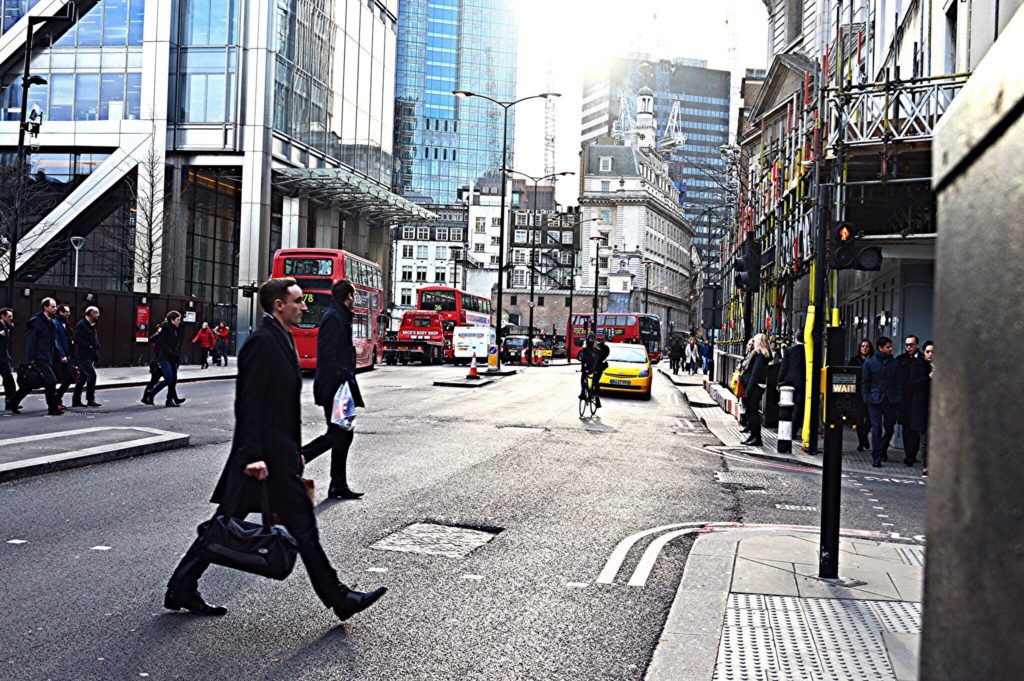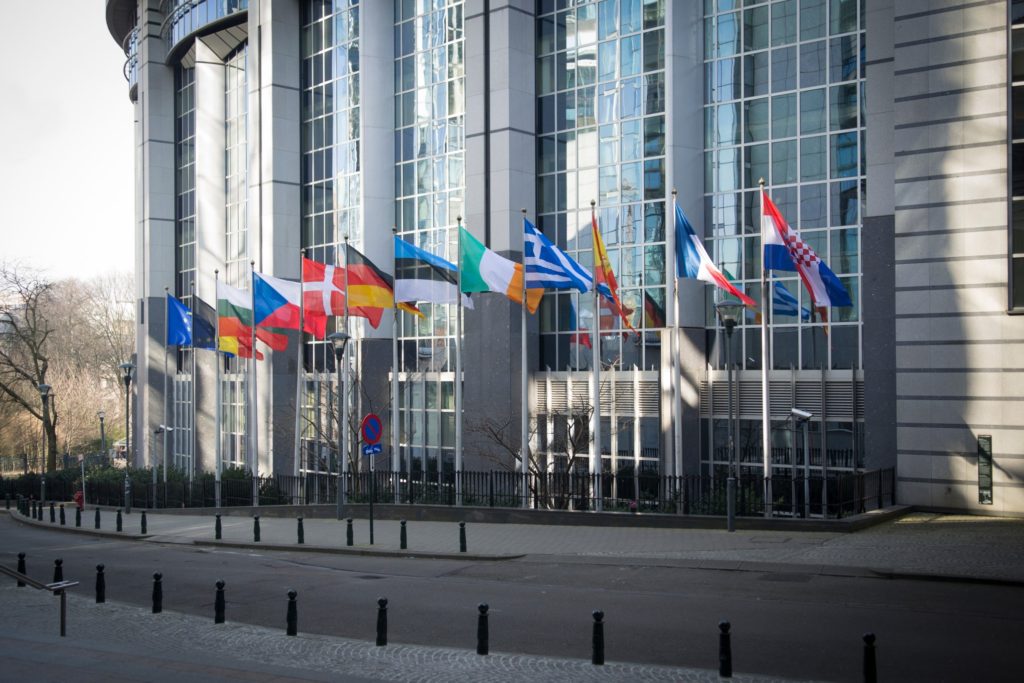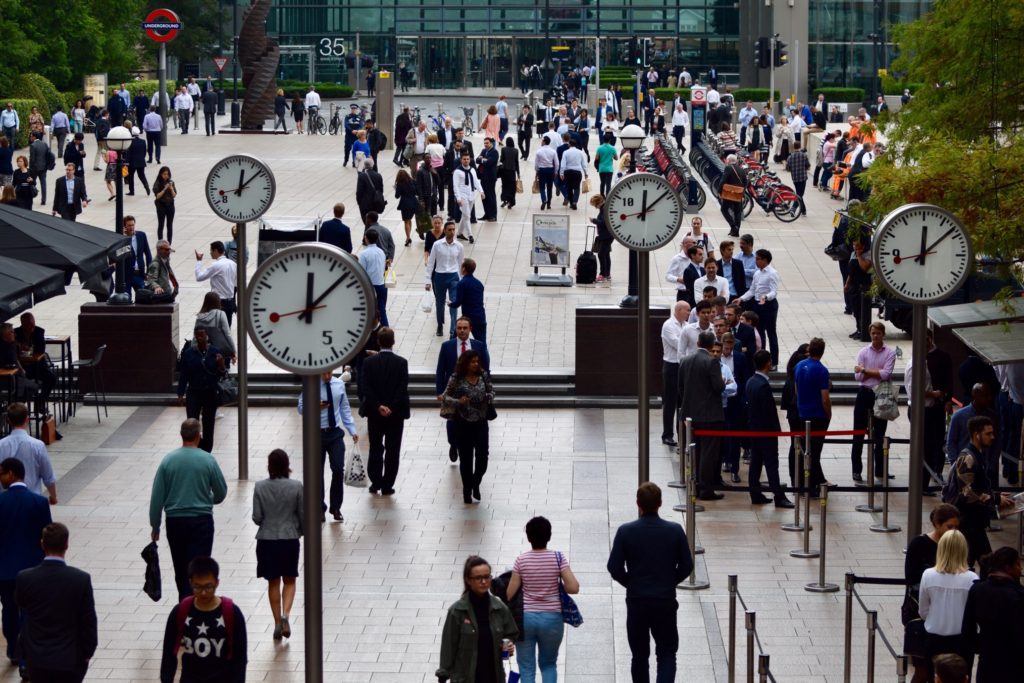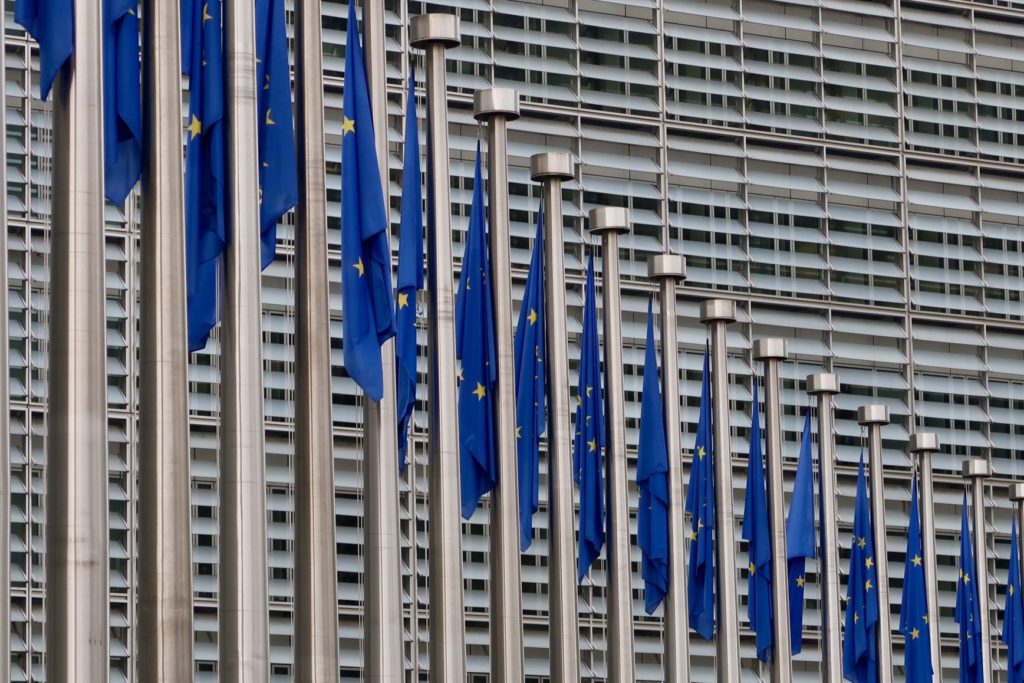Feeling a little lost on Brexit right now? Or did you never actually get your head around it in the first place? News about the United Kingdom’s exit from the European Union is all over the press these days. With the exit deadline drawing closer, we thought it would be a good idea to walk through the key facts and summarize what you need to know about Brexit right now. Whether you’ve got an upcoming job interview, or an important dinner party where you need to shine, or you just want to stay up to date on the topic, our correspondent Jillian Tangen shares the latest updates.
what you need to know about brexit right now
Remind me again, when did all of this start?
On June 23, 2016, a historic popular vote was taken on the subject of whether the United Kingdom should leave the economic, security and migration agreement between members of the European Union. A portmanteau of the words “Britain” and “exit,” Brexit is shorthand for Britain’s departure from the European Union. Voters were given the option to “leave” or “stay.”
When 53.4% of the UK population voted to leave, the British government invoked Article 50 of the Lisbon Treaty (the treaty which binds the EU member countries). Article 50 outlines the beginning stage of withdrawal from the EU, providing both sides with two years to agree on how they will separate.

When is the final deadline for a decision on how Brexit will occur?
Prime Minister Theresa May officially started the process of negotiating an exit on March 29, 2017. That means the UK is formally scheduled to exit the EU on Friday, March 29, 2019.
What do the two sides have to reach agreement on?
Representatives of the UK and EU have been in negotiations to determine exactly how the UK will exit the EU. This deal is known as the withdrawal agreement, and it covers three key points:
- How much money the UK will have to pay the EU in order to exit. The current estimate is 39 billion Euros.
- What will happen to UK citizens living in the EU, and what will happen to EU citizens currently living in the UK.
- How to avoid the return of a physical border between Northern Ireland and the Republic of Ireland when it becomes the new frontier between the UK and the EU.
How have the negotiations been going so far?
After 18+ months of negotiation, representatives from both sides agreed to a withdrawal deal. But that deal was overwhelmingly shot down by the UK parliament, 432 to 202, in a crushing defeat on January 15, 2019.
Prime Minister May now has a short window to try to get the Europeans to budge before the issue comes back to Parliament for another showdown in the middle of February.

can the deadline be extended?
At this point, that seems unlikely but not impossible. Last week, the British Parliament defeated an amended proposed by a Scottish National Party MP to extend Article 50 (the period of time to determine exactly how the withdrawal will happen). Had this extension passed, it would have eliminated the possibility of having no withdrawal deal by the March 29 deadline. Instead, that vote seemed to ensure that Brexit will move forward, regardless of whether or not a withdrawal deal has been secured. This “no-deal Brexit” could have severe consequences, though, and several parties in Britain continue to advocate for more time to negotiate.
why was the deal voted down last week?
The withdrawal agreement proposal was voted down primarily because of something called the backstop agreement.
The backstop is a safety net and legal guarantee that would ensure there is no hard border between Northern Ireland (part of the United Kingdom) and the Republic of Ireland (part of the EU). Neither country wants to return to the times of 30 years ago, when there were checkpoints, violence and hostility in an era called “The Troubles.”
The backstop would keep Northern Ireland aligned to some EU rules on things like food products and goods standards, which would in turn prevent the need for check points at the Irish border.
It would also involve a single customs territory, effectively keeping all of the UK in the EU customs union until the end of 2020. If future trade talks broke down without a deal, the backstop would apply indefinitely and would only end with both UK and EU agreement.
It is this last point which left some of the UK’s Members of Parliament (MPs) fearing that they would be trapped in the EU’s customs union without any leverage – essentially the complete opposite of what was intended by the UK exiting the EU. So while neither side wants to see a return to checkpoints, towers, customs posts or surveillance cameras, they can’t agree on a way to do it.

So what happens next?
While the UK Parliament has decisively knocked down the most recent deal that Prime Minister Theresa May agreed to with the EU, they have yet to remove her from power.
Instead, they have directed her to return to European negotiators and demand an expiration date to the backstop or a clause that would allow the UK to withdraw from it without the EU’s approval.
That might sound easy, but it’s not. EU representatives in Brussels have insisted that they are done negotiating. So it’s starting to look like a looming showdown, between May’s very uncertain potential deal versus no deal at all. The best case scenario for Brexit currently would be if the EU were to agree to changes and the UK MPs backed the adjusted deal. But the chances of that happening are far from certain. Even if Prime Minister May is able to obtain an adjusted deal, Parliament might reject it again.
What happens if a withdrawal deal can’t be reached before the deadline?
There are a few possible scenarios:
1. UK exits without a deal – “the no-deal Brexit.” This is basically the “nuclear option” – if it occurred and there was no trade agreement between the UK and the EU, ports would be blocked, airlines grounded, and shortages of imported food and drugs would be likely. Because of the potentially severity of this outcome, the British government has passed a non-binding amendment that rules out a no-deal Brexit.
2. UK government proposes negotiating a completely new Brexit deal. This doesn’t necessarily mean holding a new referendum (although the country does have the option at any time to rejoin the EU if they so choose). In practical terms, it would mean requesting a withdrawal date extension, to which the EU would have to agree.
3. UK government calls for another referendum – a re-vote. It would take upwards of 22 weeks to do so legally.
4. To break the deadlock, Prime Minister May could opt to hold an early general election in order to achieve a political mandate for any of the existing deals she has already negotiated.
5. If it believes it can win, the Labour Party could call for a no-confidence vote in the government; if it passed, that would force an early general election and potentially give Labour a mandate to break the stalemate.
6. UK government could move to revoke Article 50 and effectively cancel Brexit without the need for agreement from the other 27 EU countries. However, given that the government is still committed to Brexit, it’s likely that a major event such as a further referendum or change of government would have to happen before such a move becomes likely.

what does this mean for Britons living in the EU?
It appears to be settled that Britons and their families living outside the UK in the EU may continue living, working, receiving healthcare and pensions in the country in which they currently reside. But they do not have the previous freedom to move to other EU countries should they choose. Also, all UK passport holders have been advised to be sure they have at least 6 months left on their passports if they are considering leaving the country during any point in the transition period.
what does this mean for EU citizens living in the UK?
EU citizens and their families who have been living in the UK for at least five years by the end of 2020 (the proposed end date of the transition period) will be able to apply for “settled status,” giving them the right to remain and work in the UK indefinitely. Those who have been in the UK for less than five years by the cut-off date can wait until they qualify and then apply.
how are businesses dealing with the current situation?
Some UK-based companies – and multinationals with large operations in Britain – are preparing for the worst case scenario of no deal at all. The New York Times reports that some business owners are stockpiling parts and supplies in both the UK and the EU in case of snarls at the border after the deadline passes. For example, LVMH has added four months of stock to its UK wine and spirits inventory, since the UK accounts for 4% of its global sales. Luxury automotive manufacturer Bentley has divulged that it is stockpiling parts to mitigate against possible delays and shortages.
On Friday, the London-based Institute of Directors published the results of a survey of 1,200 company directors: almost a third of the smaller businesses in Great Britain reported that they could move their operations outside the U.K. over fears of the impact of Brexit.
Meanwhile, Dyson is moving its headquarters to Singapore. Sony and Panasonic have relocated their European headquarters from the UK to the continent. And Airbus has announced that it “will have to make potentially very harmful decisions for the UK” in the event of a no-deal Brexit.
how have the Brexit negotiations affected the UK’s economy?
It is estimated that uncertainty over Brexit slowed the U.K.’s growth to 1.3 percent in 2018. The British pound is 14 percent lower than before the referendum. The pound would almost certainly strengthen once a deal is approved, and clarity about the way forward should also allow the economy to improve somewhat.

are other large countries now more likely to exit the EU?
Of course everything is subject to change, but the prevailing view at the moment is that the uncertainty and turmoil caused by Brexit has served as a cautionary tale for other member countries. Talk of Germany, France, Italy or the Netherlands exiting the EU has declined dramatically in recent weeks, and new polls show that many in Europe feel a new cohesiveness.
who are the big winners and losers from Brexit outside of the UK?
Depending upon how the exit is ultimately resolved, the current consensus is that regions in Ireland face the most severe Brexit consequences, because they’re highly dependent on ties to the EU. Countries geographically closest to the U.K. — such as Belgium and the Netherlands – as well as those with high volumes of trade such as Germany and France — are likely to see the biggest economic impact from Brexit.
That’s what you need to know about Brexit right now. Clearly, there’s still a great deal of uncertainty. Mid-February is the next big milestone, so stay tuned. All eyes are on Prime Minister May and EU officials in Brussels.
see luxury in a new light
Come and join our community! For a weekly round-up of insider ideas and information on the world of luxury, sign up for our Dandelion Chandelier Sunday Read here. And see luxury in a new light.
ready to power up?
For a weekly dose of career insights and advice, sign up for our Sunday newsletter, Power Up, here.
 Jillian Tangen is the Head of Research at Dandelion Chandelier. Formerly, she was a Senior Research Analyst at McKinsey & Co and Analyst at Shearman & Sterling. She is an avid fan of Nordic design, having owned an independent lifestyle store and sales agency focused on emerging Scandinavian design. Jillian lives in NYC and is married with three young children. She loves cross country skiing, the New York Rangers, reading, travel and discovering new brands.
Jillian Tangen is the Head of Research at Dandelion Chandelier. Formerly, she was a Senior Research Analyst at McKinsey & Co and Analyst at Shearman & Sterling. She is an avid fan of Nordic design, having owned an independent lifestyle store and sales agency focused on emerging Scandinavian design. Jillian lives in NYC and is married with three young children. She loves cross country skiing, the New York Rangers, reading, travel and discovering new brands.







